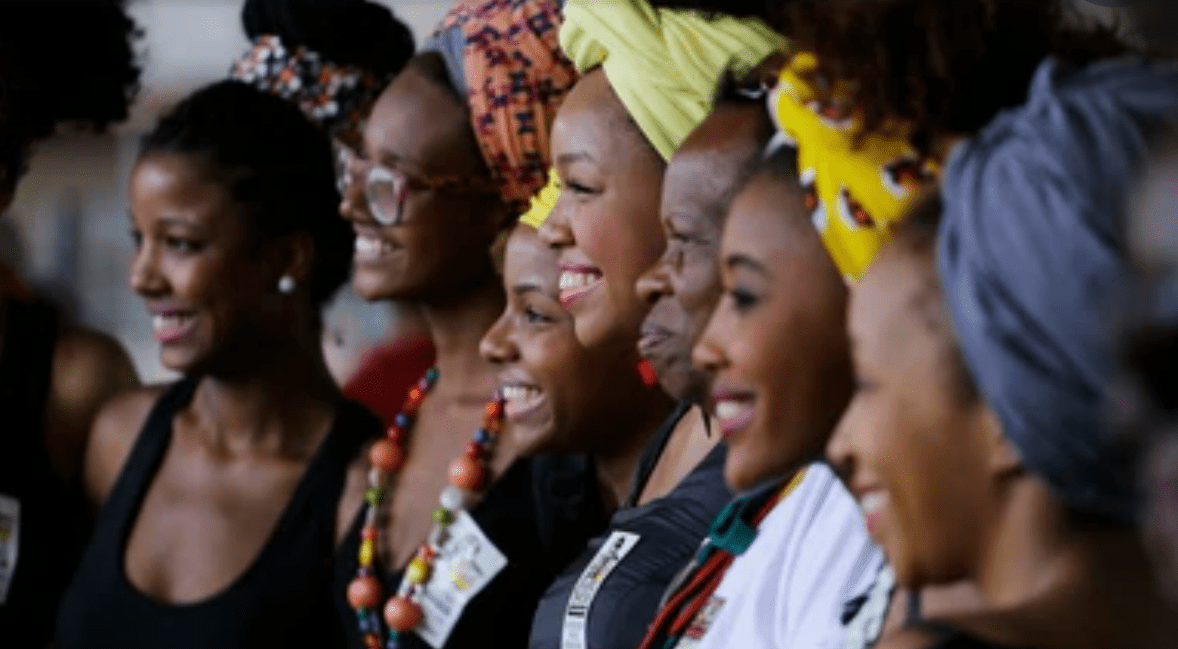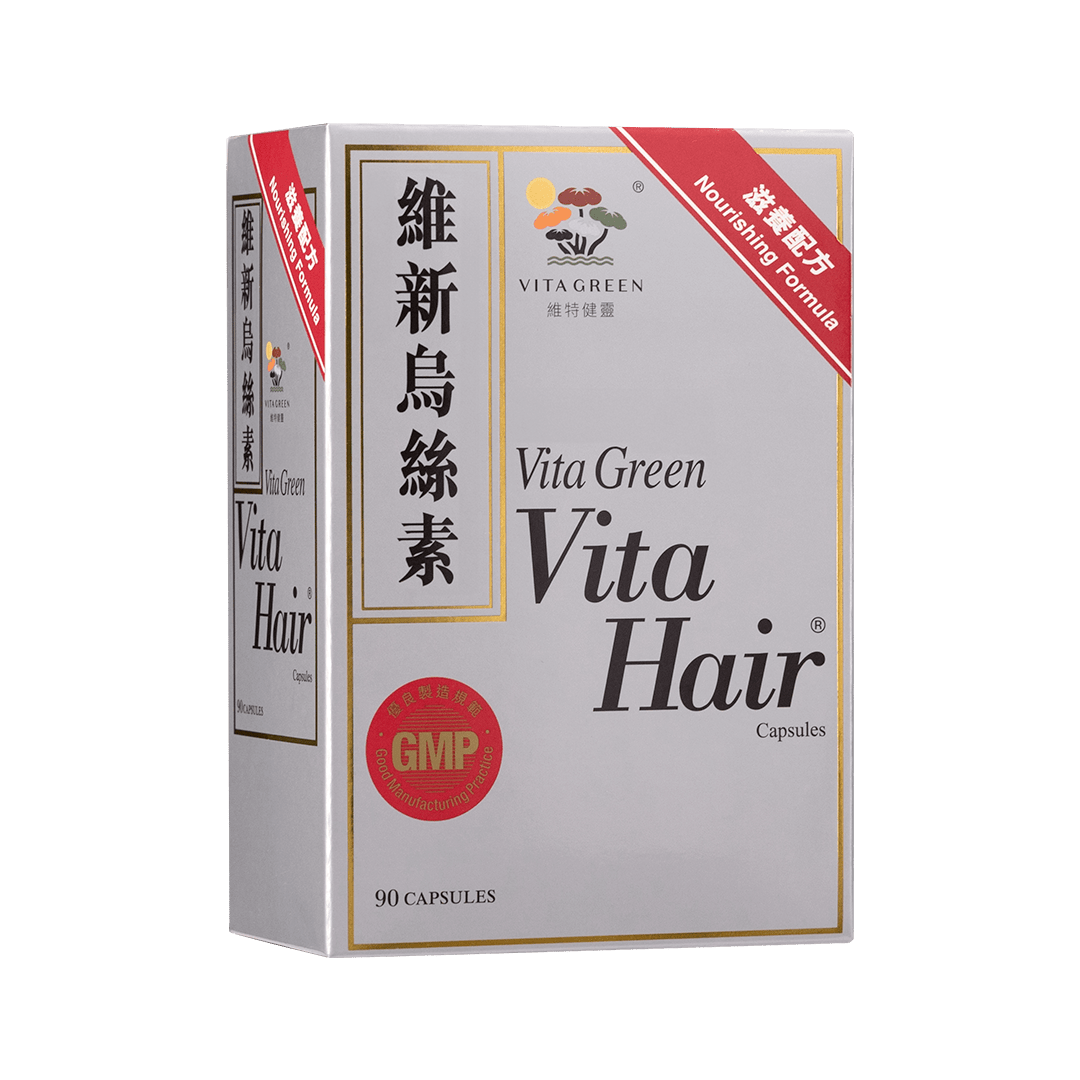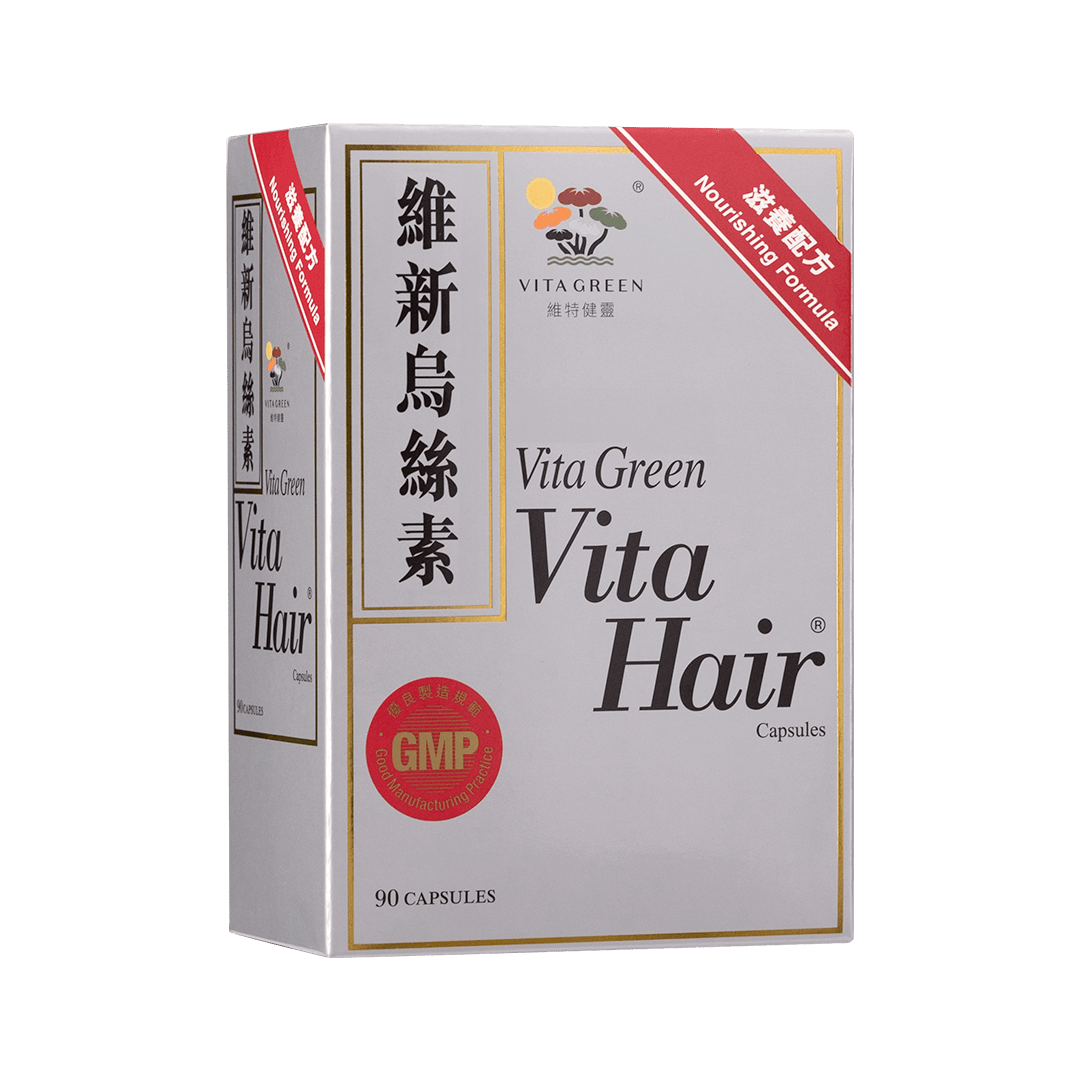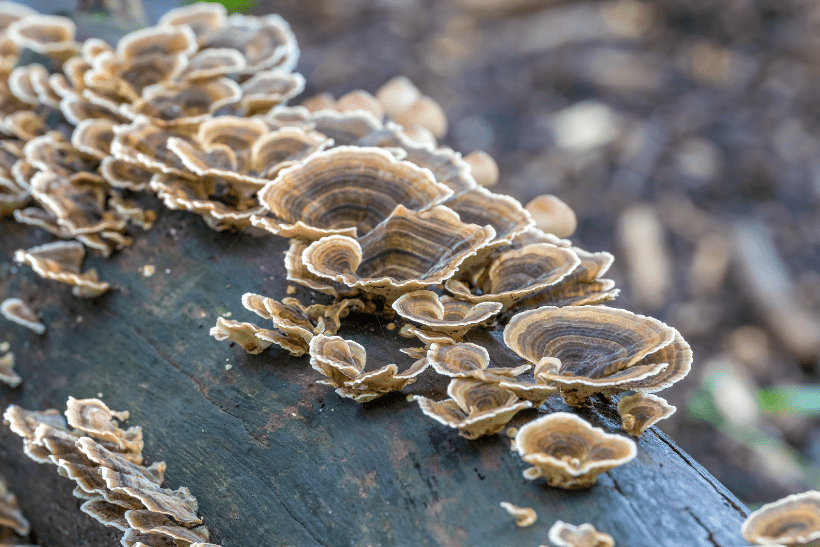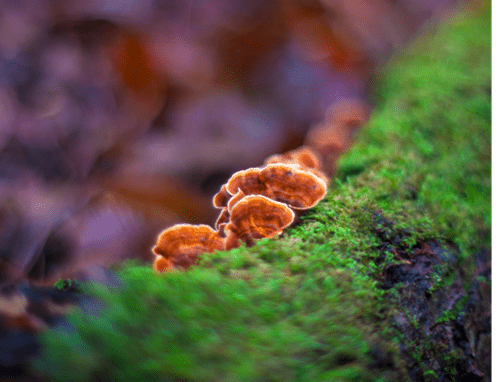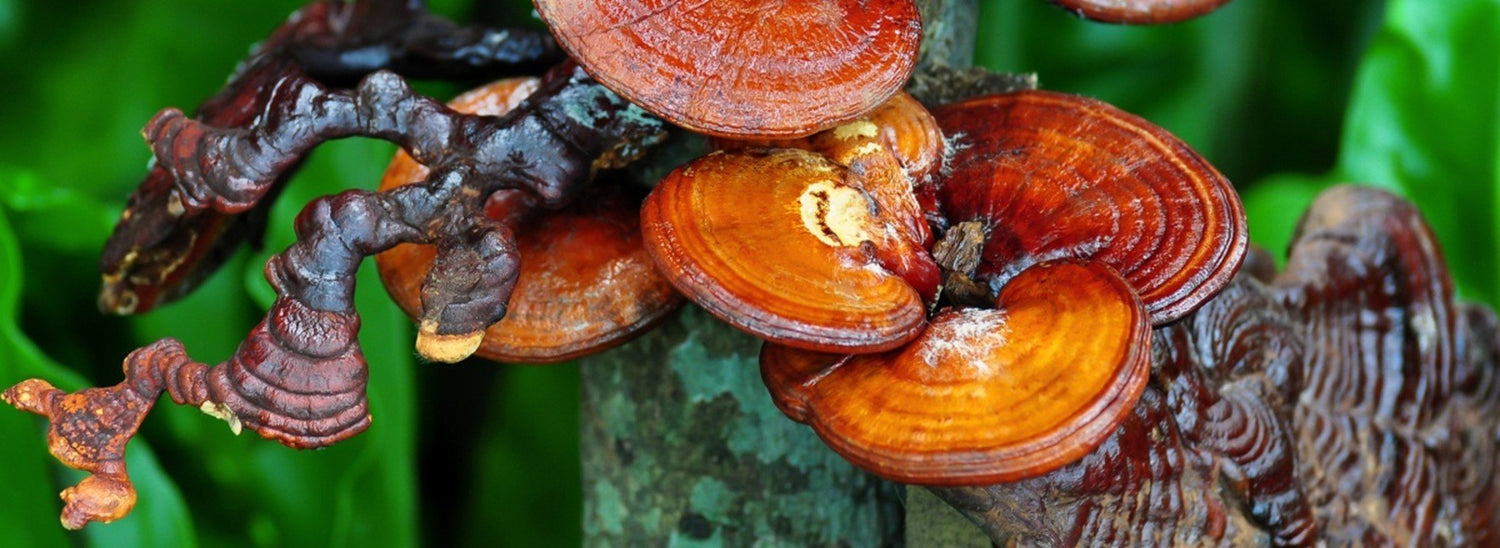Nearly half of African Americans suffer from hair loss in some way. Depending on the look, feel, and texture, there are various groups of hair types that can fall into, majority of African Americans or Africans generally have what is called type 4 hair or also known as 'afro hair. This type of hair is kinky, extremely wiry has tight coils, and is very fragile.
The NHS has estimated that 8 million women in the UK experience hair loss by the age of 50, and according to Dr. Ifeoma Ejikeme, founder & medical director of Adonia Medical Clinic , almost half of all African American experience some form of hair loss like traction alopecia . “Like in many cultures, African-Americans view their hair as their crowning glory and our communities put a major value on having full, thick, long hair,” says Dr Ejikeme. “With thinning hair, a common problem among black and mixed heritage women, embarrassment is rife," she says. Most African American hides hair loss by wearing a wig or weaving , it was not only worn to change appearance, but it also provided self-confidence to women who struggle with hair loss as It can cover and conceal thinning, balding, or complete hair loss.
Some African Americans wonder why other race women in their 50s or 60s could still have a full head of thick hair despite changing their hair color often or booking in for perms or straightening their hair frequently. Dr. Ejikeme explains that it has to do with h the air types. "Instead of being round or oval like Caucasian and Asian follicles, afro hair follicles are elliptical in shape, with a curved hair follicle bulb,". This is what makes African American hair curly and coiled as Afro hair has a lower strength, thickness, and density and is prone to knotting, making the hair fragile and prone to easily breaking. Furthermore, the twists and turns in African Americans' hair make it harder for sebum to go from root to the tip compared to how effortlessly it does in straight hair.
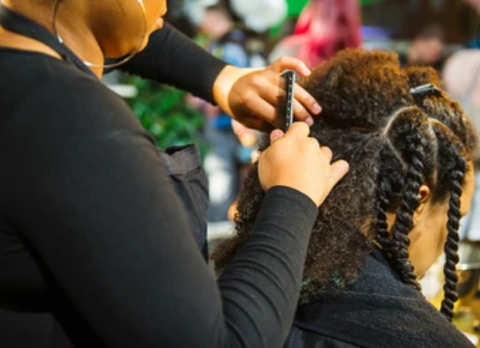
Types and causes of hair loss
Although genetics can play a part in hair loss, many hairstyles and hair care practices are significant contributors to African American alopecia.
African Americans are more prone to three specific types of alopecia :
- Central centrifugal cicatricial alopecia (CCCA)
- Traction alopecia
- Breakage
Central centrifugal cicatricial alopecia (CCCA) is caused by the continual use of weaves, braids, corn rows, extensions, chemical hair relaxers as well as other hair styling techniques. These various reasons can cause inflammation in the hair follicles, and if the se techniques continue to maintain, permanent hair loss or damage may result. Hair loss or balding will most likely develop in the middle of the scalp and spread outwards, it occurs in the crown of the head that radiates outward in a circular pattern from the top of the head .
African Americans specifically are prone to a hair loss called traction alopecia a condition that causes patches of hair loss and sometimes can lead to baldness due to long-term use of tight hairstyling that pulls and strains at the hair root as previously mentioned. ly the most common form of hair loss we see in the black community," said Crystal Aguh, an assistant professor of dermatology at Johns Hopkins University Hospital in Baltimore and an editor of the textbook "Fundamentals of Ethnic Hair: The Dermatologist's Perspective . " This can result in permanent hair damage such as hair thinning at the hairline or happen anywhere that hair is continuously pulled. The majority of the people who have experienced these stylings claim pain and discomfort throughout the styling process or days and weeks after the proc ess in their scalp.
Breakage occurs when the hair is damaged instead of the follicle. The hair shaft gets weaker and breaks off as a result of this damage. Overheating or excessive heat from straighteners, curling irons, and hot combs, as well as used chemicals, straighten or hair Dyeing. While the cause of this condition is unclear, it appears that our hair activities (from washing and straightening to braiding and weaving) can cause significant breakage and hair loss.

What is the hair growth cycle?
Hair growth and loss may appear to be a straightforward process, but the hair growth phase is generally divided into four cycles. These hair growth phases have been thoroughly researched in order to obtain a better knowledge of how hair grows and what may be done to avoid or treat premature hair loss. The first three cycles --the anagen phase (growing phase), the catagen phase (transition phase), and the telogen phase (resting phase) cover the growth and maturation of hair, as well as the activity of the hair follicles that create individual hair strands. The last and final phase is the exogen phase where old hair will shed as new hair will start growing in the follicles. Each phase and cycle have its own time frame that could be affected by various reason on A person's nutrition intake, age, and overall wellbeing, this means that there are steps you can take to ensure your hair flows a healthy growth cycle.
What steps can I take to prevent or slow hair loss?
Searching for the best solution for hair fall could be hard as there is an endless list of products that claim to reduce hair loss . Many artificial active ingredients are provided for treatment or medication for hair loss; however, these could have a variety of drawbacks and concerns. Their effectiveness and safety are uncertain and debatable. The amount of time required to achieve the result is not only uncertain and long, but it could also cause different types of negative side effects. Without a doubt, nature has been a source of beauty treatment and remedies for a very long time. Herbs are a more natural and safe approach to help various health problems including your hair problems as herbs have been used throughout many various hair and beauty care routines for a long time. 'As several studies shown ( mostly randomized, placebo-controlled) of herbs and preparations made of plants have been performed to confirm their effectiveness in treating hair loss ' (Zgonc Škulj, Ana et al.2020).

Natural Chinese Herbs for hair growth
Angelica is a plant and herb group that is widely used in traditional natural herbal medicine, especially in Asian countries. Herbal medications are made from the roots of various Angelica species. Radix Angelicae sinensis or as known as female ginseng is well-known for its beneficial properties and healing capabilities. the National Institutes of Health stated that A. sinensis root is used in traditional Chinese medicine, primarily for women's health purposes is highly effective for preventing hair loss and boosting hair growth since it includes all of the vital nutrients including vitamin B , zinc, minerals, iron, and Ginsenosides. Ginsenosides are the major constituents of ginseng that enter the hair fiber directly and help to prevent hair concerns including thinning, greying, hair loss, and baldness. It does not only promote healthy hair growth, but It is beneficial for various purposes including supporting healthy blood circulation, hormonal balance, digestive support, liver detoxification, and overall well-being.

Fo-ti or also known as Radix Polygoni Multiflori (RPM) is a traditional Chinese herbal medicine with a long history in hair growth promotion and hair blackening. A study called Mechanistic Studies on the Use of Polygonum multiflorum for the Treatment of Hair Graying was done using double-blind, placebo-controlled and has shown that after taking P. multiflorum for 3 and 6 months, studies revealed a significant improvement during the treatment of hair loss (25 in 26 participants, 97%) and perceived hair appearance (20 in 26 participants, %). Furthermore, 77% of women who took polygoni multiflora reported “thicker hair,” which was rated as “significant” and “dramatic improvement”. Another study employing men and women who had hair loss due to age-related , stress, medication induce, or received a standardized extract of PMR twice daily reported an improvement of 91% for men and 87% for women after 1 month of treatment.

Proven Herbal Supplement
Our Vita Hair product is a proven herbal supplement for faster hair growth, hair loss & thinning hair that merge the benefits of western science to redefine eastern herbal tradition as ancient Chinese herbal tradition. Vita Hair vitamin uses natural herbs and potent formula that h elps to halt hair loss with a blend of potent herbs formulated according to the principles of Traditional Chinese Medicine. It helps stop hair loss, regrow hair, restore hair color and shorten the period from the Telogen phase to the Anagen phase, and stimulate the static hair follicle to grow hair again so effectively promoting and improving healthy hair growth and regeneration.
Vita Hair is an herbal supplement that uses 13 types of natural herbs as the key ingredients to improve blood circulation and nutrient supply to the hair follicles in order to grow longer and thicker hair, which could help treatment for thinning African American hair or treatment or African American's Alopecia PROBLEM. Research Shows that time vita hair increase 60% More Hair Growth than the Control Group in 90 Days As Shown on the Graph Provi. DED. Two Famous Herbs for Hair Loss are used in vita hair's product, Radix Angelicae sinensis and fo-ti are included to help battle with your hair concerns and problems. As Vita Hair is a multi-herbal blend of all these herbs with scientific studies.

Reference
- Akinyemi, Aaron. “African Women on the Shame of Hair Loss - BBC News.” BBC News , BBC News, 22 Apr. 2019, https://www.bbc.com/news/world-africa-47403686 .
- Brennan, Dan. “Can Herbs Help With Hair Growth?” WebMD , WebMD, 23 June 2021, https://www.webmd.com/skin-problems-and-treatments/hair-loss/herbs-help-hair-growth .
- Carson, Julie. “What Black Women Need to Know about Their Hair Loss.” Allina Health | Health Care & Medical Services In Minnesota & Western Wisconsin , 18 Feb. 2020, https://www.allinahealth.org/healthysetgo/prevent/ black-womens-hair .
- “Hair Loss Prevention with Oriental Herbs – Oriental Hair Solutions Blog.” Oriental Hair Solutions : Scalp Hair Loss Treatment , 4 Feb. 2018, https://orientalhairsolutions.com/blog/2018/02/04/hair-loss-prevention-with-oriental-herbs/#:~:text=This%20precious%20herb %20is%20used, loss%20and%20stimulate%20hair%20regrowth.
- McDermott, Annette. “19 Herbs for Hair Growth.” Healthline , Healthline Media, 23 Oct. 2017, https://www.healthline.com/health/herbs-for-hair-growth#herbal-hair-oils .
- Ming, Nuan Han, et al. “Mechanistic Studies on the Use of Polygonum Multiflorum for the Treatment of Hair Graying.” Publishing Open Access Research Journals & Papers | Hindawi , 10 Nov. 2015, https://www.hindawi.com/ journals/bmri/2015/651048/.
- Ollennu, Amerley. “Hair Loss Solutions For Black Women & Afro Hair.” Refinery29 , refinery29uk, 2 Feb. 2021, https://www.refinery29.com/en-gb/black-women-hair-loss .
- Res, Arch Dermatol. “Herbal Preparations for the Treatment of Hair Loss - PubMed.” PubMed , 2020, https://pubmed.ncbi.nlm.nih.gov/31680216/.
- Roland, James. “Stages of Hair Growth Plus How to Maintain Hair Health in Every Stage.” Healthline , Healthline Media, 25 Sept. 2020, https://www.healthline.com/health/stages-of-hair-growth.
- Shoemaker, SaVanna. “Angelica Root: Benefits, Uses, and Side Effects.” Healthline , Healthline Media, 1 Oct. 2020, https://www.healthline.com/nutrition/angelica-root#what-it-is.
- Zgonc Škulj, Ana et al. “Herbal preparations for the treatment of hair loss.” Archives of dermatological research vol. 312,6 (2020): 395-406. doi:10.1007/s00403-019-02003-x


